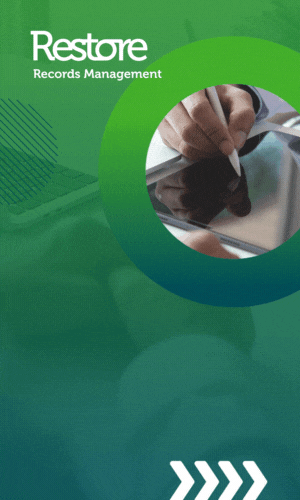At Oxford University, a team of medical researchers and bioethicists have published results in Science that furthers understanding of coronavirus transmission.
The mobile app concept would use a low-energy version of Bluetooth to log a memory of all the app users with whom you have come into close proximity over the last few days. Should you get symptoms, then it could anonymously alert anyone you may have been in close contact with and then advise them to self-isolate.
The evidence will be used by several international partners, the Norwegian Institute of Public Health and NHSX, to assess the feasibility of developing mobile apps for instant contact tracing.
The apps could significantly slow the rate of transmission of COVID-19.
Professor Christophe Fraser from Oxford University’s Big Data Institute, Nuffield Department of Medicine, a lead author on the Science paper said “We need a mobile contact tracing app to urgently support health services to control coronavirus transmission, target interventions and keep people safe.”
“Our analysis suggests that about half of transmissions occur in the early phase of the infection, before you show any symptoms of infection.”
“Our mathematical models also highlight that traditional public health contact tracing approaches provide incomplete data and cannot keep up with the pace of this pandemic.”
Dr David Bonsall, senior researcher at Oxford University’s Nuffield Department of Medicine said “The mobile app concept we’ve mathematically modelled is simple and doesn’t need to track your location; it uses a low-energy version of Bluetooth to log a memory of all the app users with whom you have come into close proximity over the last few days.”
“If you then become infected, these people are alerted instantly and anonymously, and advised to go home and self-isolate.”
“If app users decide to share additional data, they could support health services to identify trends and target interventions to reach those most in need.”
The move to develop tracking apps to contain the spread of the virus mimics the Chinese method where a user is alerted if having been in contact with an infected person.
Being digital in China means having a string of connected apps and devices which all log personal and social contact details, address details and GPS coordinates.
From a socio-cultural perspective, state surveillance in China is widely accepted as a form of public safety.
On the new tracking app project, Professor Michael Parker, Director of the Wellcome Centre for Ethics & Humanities and one of the paper’s authors, said “With transparent and inclusive ethical oversight to ensure genuine public trust, it is possible to both save lives and protect civil liberties.”
“The app should be opt-in, provide secure data storage and privacy protection, and be informed by public and user engagement at every stage of implementation.”
“With these guarantees and, if widely installed by users across a country or regional bloc, a mobile app could even help to end the epidemic.”





